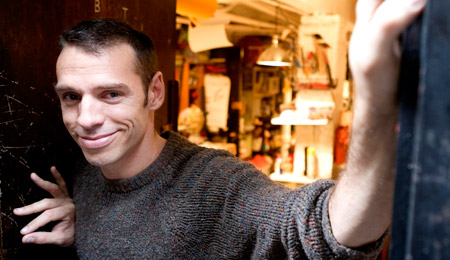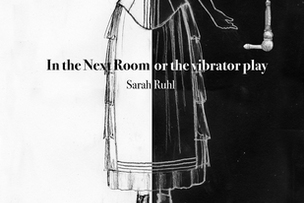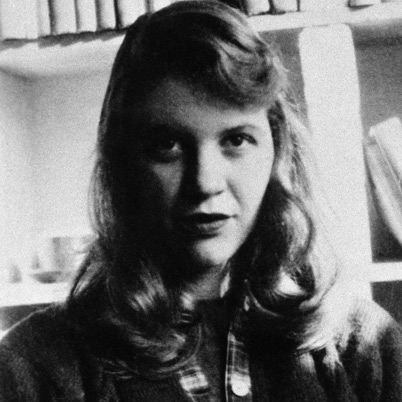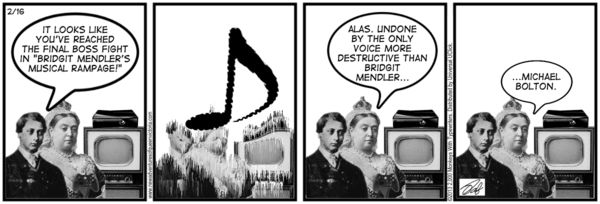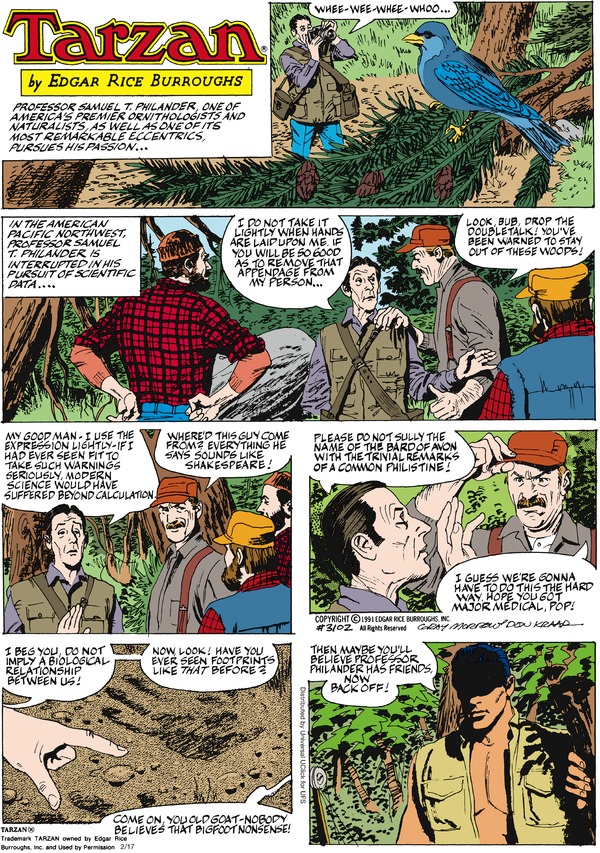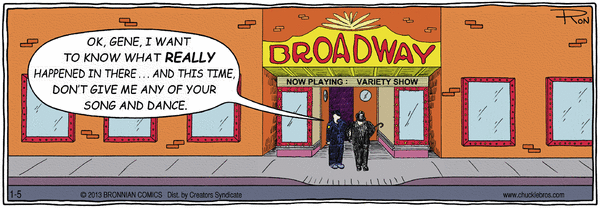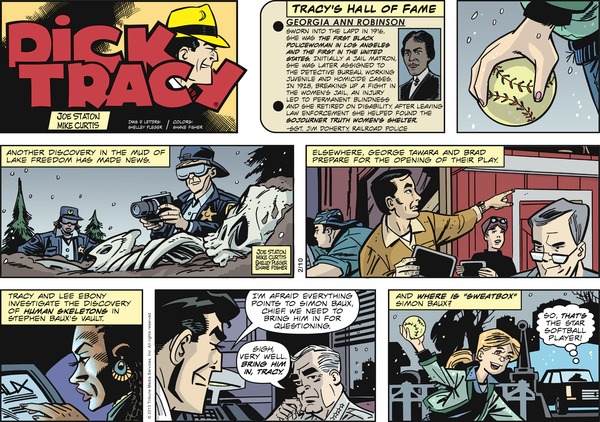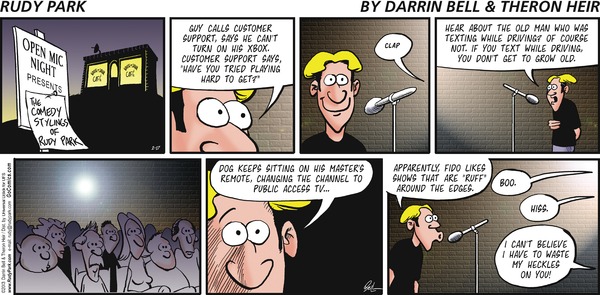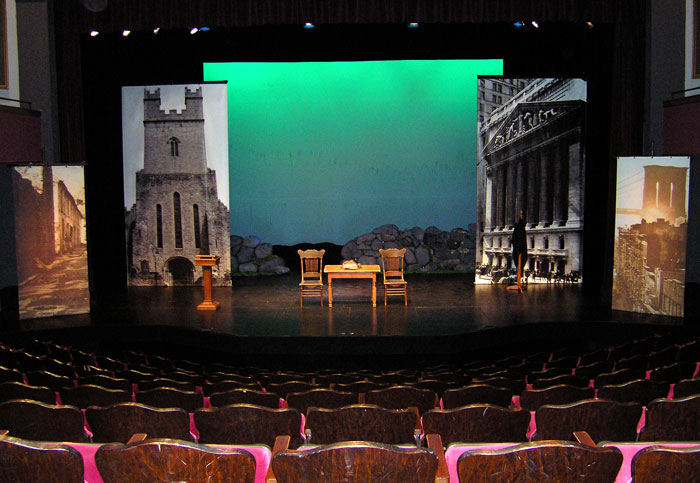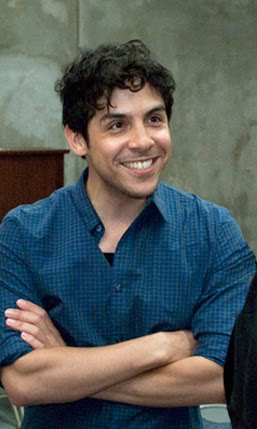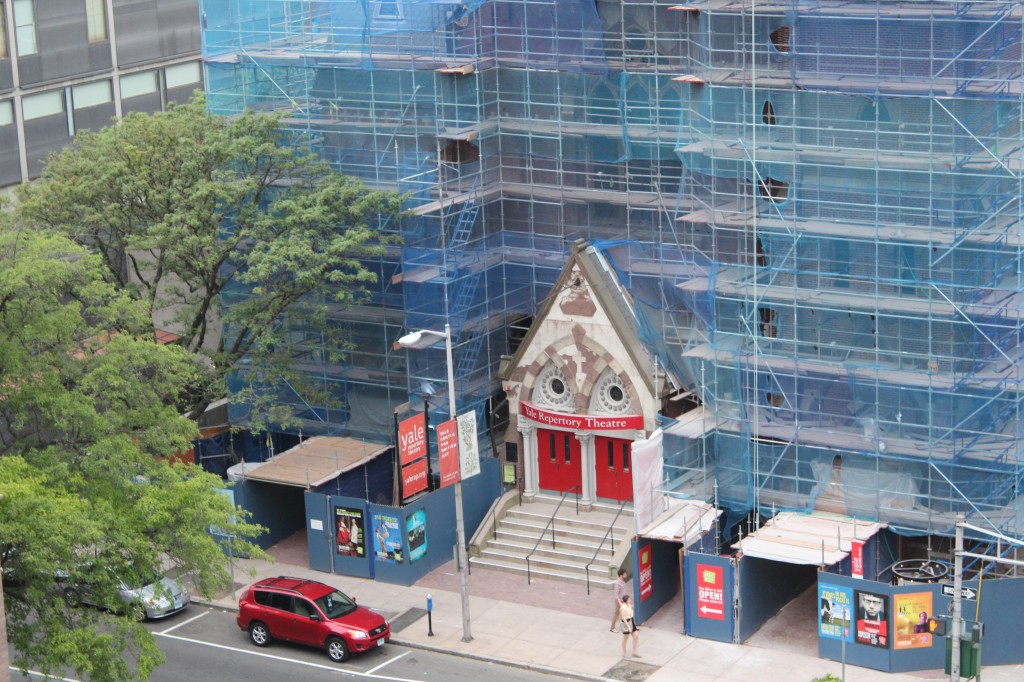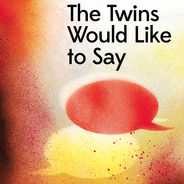
The Twins Would Like to Say
Through April 6 at the Yale Cabaret, 217 Park Street, New Haven. Final performances tonight at 8:30 and 11 p.m. www.yalecabaret.org
By Seth Bockley and Devon de Mayo. Co-Directors: Whitney Dibo and Lauren Dubowski. Dramaturg: Kelly Kerwin. Set Designer: Brian Dudkiewicz. Assistant Set Designer: Samantha Lazar. Costume Designer: Steven M. Rotramel. Lighting Designer: Christopher Ash. Sound Designer: Sam Ferguson. Stage Manager: Molly Hennighausen. Producer: Katie Liberman. Cast: Chasten Harmon (June Gibbons), Sarah Williams (Jennifer Gibbons), Sheria Irving (Gloria Gibbons), Leonard Thomas (Aubrey Gibbons), Emily Zemba (Betsy Ronson), Maura Hooper (Chloe, Shadow Jennifer), Willa Fitzgerald (Jenny, Shadow June), Matt Raich (Lance), Ilya Khodosh (Mr. Nobody).
With one play yet to go in its 20-show school-year season, the Yale Cabaret once again touches upon mental illness (or at least psychological disorder). It once again does mirror-image stagings of fraught imaginings of artistic women. It once again… oh, never mind. This one ends up being wonderfully original, and is uniquely suited to the Cabaret space. If you didn’t know that this work was created and first presented by Chicago’s Dog & Pony troupe at the Steppenwolf Theatre (where it was directed by its co-writers), you’d think it was created expressly for the Cabaret’s intimate quarters and open-minded audiences.
The play by Seth Bockley (librettist of the musical February House, which premiered at Long Wharf Theatre last year) and Devon de Mayo is about real-life Welsh twins who jointly chose never to speak, and made several other pacts which are gradually revealed in this drama. The girls have active imaginations which they unleash in bursts of fiction.
The script is very clever in how it uses the imagery of twins. There are comedy-of-errors moments. There are distorted-prism moments. The are moments of identicalness and moments of differentness. There is also a twin image for the twins as a unit: a couple of “shadow twins,” light-skinned with long blonde hair to contrast Jennifer and June’s darker complexions. There’s also a fantasy narrator named Mr. Nobody, perfect for a piece that actively questions notions of identity and conformity.
In dramatizing the twins’ fiction-writing, Bockley and de Mayo turn the people closest to the girls in their real lives—their parents, their psychologist, the neighbor boy they lust after—into an ensemble company which acts out the stories. This is done in a way that sidesteps the sort of lazy literalization one finds in so many plays and films (from Sunday in the Park With George to Becoming Jane Austen) where it’s presumed that all fictional ideas come from real-life interactions. Everything in this piece is a little off from the start, and you move through it with a sense of unreality from the start.
When I say “you move through it,” that’s a literal statement. The audience, upon entering the performance space, is invited to sit on set pieces—a bed, armchairs, steps, wherever. If performers need the area, the audience members are tapped on the shoulder and expected to move to a different location.
I stayed put in an area where I could scribble notes in piece, and survey the flow of traffic. While some folks shifted uncertainly, as if they were afraid they were losing a game of musical chairs, others rose to the invitation of wandering about, following certain characters doggedly.
Such “promenade” staging fits beautifully with one of the writer’s structural conceits—several scenes have “A” and “B” sections which are played simultaneously. Often, one contains the exposition while the other is more imagistic. This heighten all the twinniness of the show, and it’s a reward to the audience members who choose to dash from one corner of the Cabaret to the other in pursuit of more drama.
I learned, from my perch on a tall stool at a table near the sound booth (where I was never tapped or otherwise persuaded to move) that you could hear everything happening in the room well enough to piece together just about everything you needed to know. That is, until the very end, when (as the script insists) a curtain divides the audience in half and two different, simultaneous final scenes are performed. You need to compare notes with fellow audience members to grasp the whole picture.
The diverse cast for this challenging piece has modulated themselves so that they can emerge from or blend into the crowd at will. Particularly suited to the exercise is Matt Raich as the aforementioned boy next door. Raich’s character Lance, who becomes the hero of the girl’s fiction, looks like a young Gerrit Graham, and is more a caricature of a smoldering young James Dean/Brando type than the real thing. He is to the teen fantasy stereotype what Paul Giamatti is to Hamlet (playing just a block away from the Cabaret). There’s a wonderful looseness and informality to the cheery Emily Zemba’s portrayal the girl’s psychologist, while their parents (Sheria Irving and Leonard Thomas) wisely go with a more intense, actorly stance. As the narrator Mr. Nobody, Ilya Khodosh behaves as if he were the young Woody Allen acting as a jittery tour guide. He has every right to be nervous, since the audience is milling about at his invitation.
The Twins Would Like to Say appears to be loaded with gimmicks. But it turns out they’re not gimmicks at all. They underline major themes in the play. Not least is the sense of community and communication required for such a production to remain civilized. As we learn, there were things the Goodwin girls needed to learn about playing well with others.

